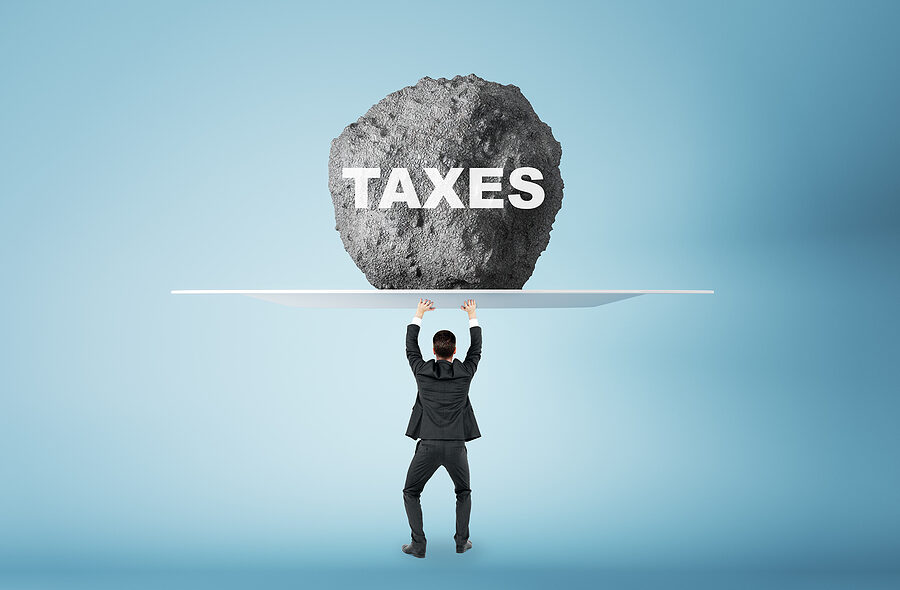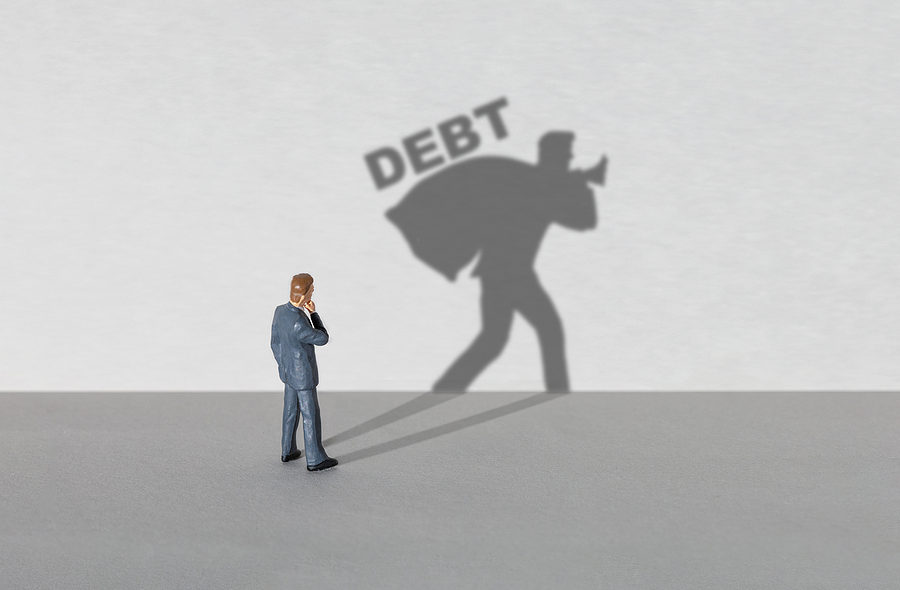Tax debt is one of the few forms of debt that is not always easily erased in a consumer bankruptcy case. While it is true that discharging tax debt can be difficult in a bankruptcy case, it is not impossible. Ultimately, it depends on the type of bankruptcy being pursued and the type of debt involved as to how it is handled.
While a bankruptcy filing normally puts an immediate halt to all collection actions on debt through the automatic stay, tax debt is treated differently.



